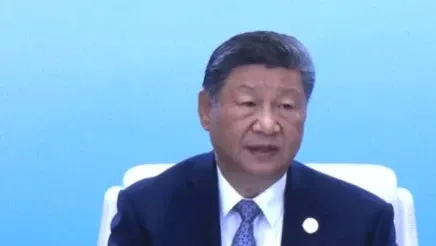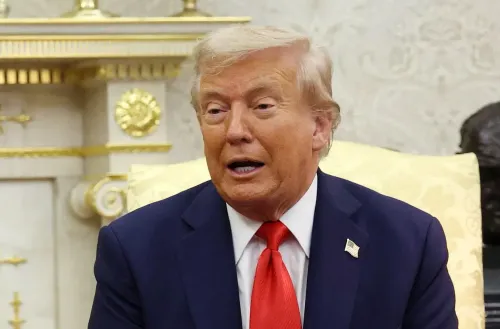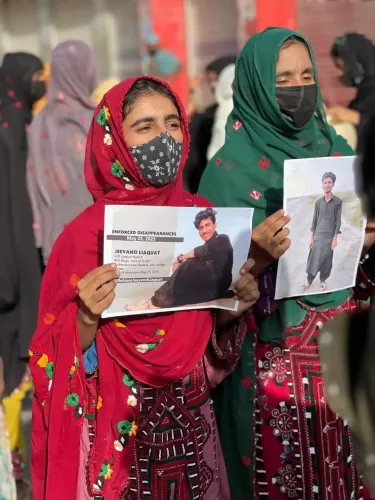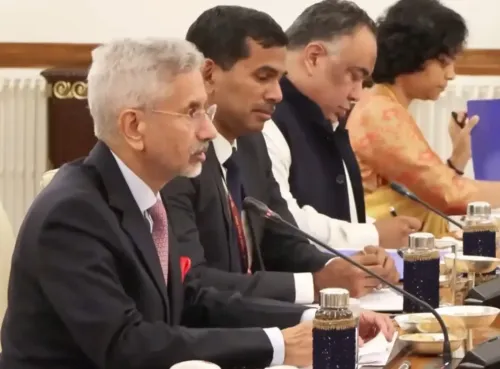What Did the Chinese President Say at the SCO Summit?

Synopsis
Key Takeaways
- Promoting historical awareness is vital for global harmony.
- The rejection of a cold war mentality is essential for cooperation.
- Member states must advocate for a multipolar world.
- Strengthening economic collaboration is crucial among SCO countries.
- Unity and respect for differences are key to regional stability.
Tianjin, September 1 (NationPress) Chinese President Xi Jinping emphasized the need to foster a correct understanding of World War II history and to reject the cold war mentality, block confrontations, and bullying. His remarks are interpreted as a message directed towards the United States concerning its unilateral tariffs imposed on various nations, including China. He urged the member states of the Shanghai Cooperation Organisation (SCO) to champion a fair and structured multipolar world alongside inclusive economic globalization.
During his address at the 25th assembly of the Council of Heads of State of the SCO in Tianjin, President Xi stated, "We must uphold fairness and justice. We must promote a correct view of World War II history and oppose Cold War mentality, block confrontation, and bullying. We must support the international system centered on the United Nations and advocate for a multilateral trading system anchored by the World Trade Organisation." He called for member states to work towards an equal and structured multipolar world and inclusive economic globalization, aiming to enhance global governance.
He also highlighted the importance of continuing to reform the SCO, increasing resources, and enhancing capacities to ensure that its mechanisms are more resilient, its decision-making is more scientific, and its actions are more effective.
"We must adhere to pragmatism and efficiency. We must continue to advance the reform of the Shanghai Cooperation Organization, increase resource input and capacity building, and ensure that its mechanisms are more robust, its decision-making more scientific, and its actions more efficient. We must expedite the establishment of the Integrated Center for Addressing Security Threats and Challenges and the Narcotics Control Center, and set up the Shanghai Cooperation Organization Development Bank promptly to bolster member states' security and economic collaboration," he remarked.
Advocating for a spirit of unity, Xi stated, "We must insist on seeking common ground while respecting differences. Shared aspirations are a source of strength and advantage. All SCO member states are partners. We must honor each other’s differences, maintain strategic communication, build collective consensus, strengthen unity and cooperation, and expand collaboration, utilizing each country's strengths to promote peace, stability, development, and prosperity in the region."
He asserted that SCO member nations should maintain openness and inclusivity, learning from each other through cultural exchanges and providing robust support for economic collaboration, striving to cultivate a garden of civilizations characterized by self-improvement, mutual benefit, and harmonious coexistence.
President Xi remarked, "Founded 24 years ago, the Shanghai Cooperation Organization established the 'Shanghai Spirit' of mutual trust, mutual benefit, equality, consultation, respect for diverse civilizations, and the pursuit of common development. Over the years, member states have remained committed to this spirit, shared opportunities, and driven the development and cooperation of the SCO, achieving numerous groundbreaking and historic accomplishments."
The ongoing SCO Summit in Tianjin is a permanent intergovernmental international organization that was established in Shanghai on June 15, 2001. The SCO includes member states such as China, Russia, India, Kazakhstan, Kyrgyzstan, Tajikistan, Pakistan, Uzbekistan, Iran, and Belarus. Additionally, there are two observer states—Afghanistan and Mongolia—and 14 dialogue partners including Turkey, Kuwait, Azerbaijan, Armenia, Cambodia, Nepal, Sri Lanka, Saudi Arabia, Egypt, Qatar, Bahrain, The Maldives, Myanmar, and the United Arab Emirates.









